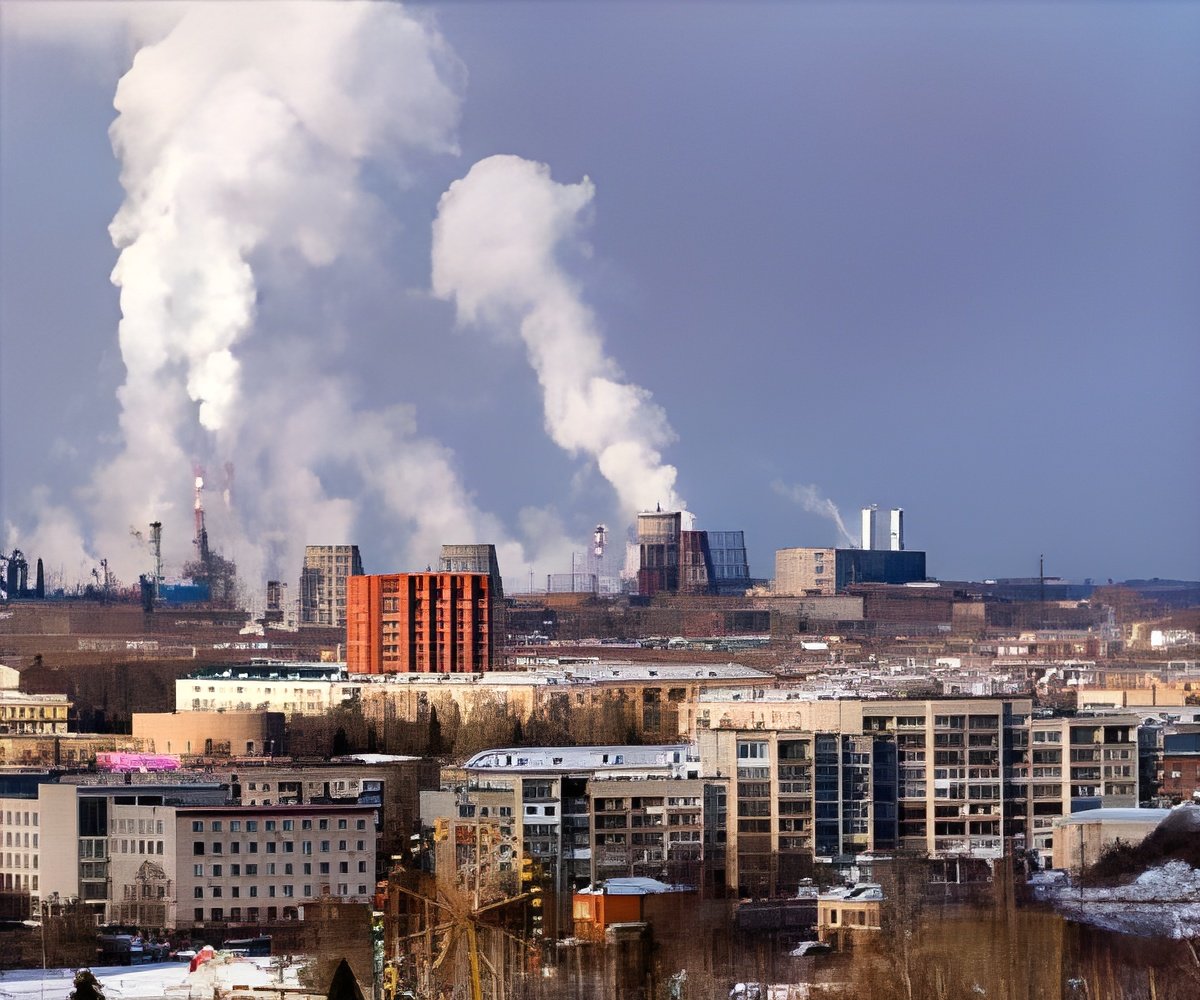The rate of premature deaths in India has been increasing at an alarming rate, from 2,140 deaths per day in 1990, it has reached to 3,280 in 2015.

‘India recorded the most number of premature deaths because of pollution in 2015 at 2.51 million lives lost.’





Diseases caused by pollution were responsible for an estimated 9 million premature deaths, 16% of all deaths worldwide, in 2015. This number was three times more than deaths from AIDS, tuberculosis, and malaria combined and 15 times more than from all wars and other forms of violence. For decades, pollution and its harmful effects on people’s health, the environment, and the planet have been neglected both by Governments and the international development agenda. Yet, pollution is the largest environmental cause of disease and death in the world.
Citing the Health Effects Institute, the study said that among the world’s 10 most populous countries in 2015, the largest increases in numbers of pollution-related deaths were seen in India and Bangladesh.
Despite the ban on crackers, air pollution was 18 times the healthy limit in some places and residents complained of eyes watering and aggravated coughs as levels of PM 2.5, tiny particulate matter that reaches deep into the lungs, rose alarmingly. The national capital ranks among the world's most polluted cities.
Source-Medindia










